Thanks to advances in modern healthcare and nutrition, people in developed countries such as America generally live longer lives compared to several decades ago. However, an unfortunate side effect of living longer lives is an increase in conditions such as dementia and Alzheimer’s disease.
Currently, there are more than five million people in the United States living with dementia, and that number is expected to continue to increase as the baby boomer generation ages.
Dementia is characterized by a gradual loss of memory and general cognitive ability. There are a number of concerns associated with dementia—communication with family members can become more difficult, and everyday tasks that previously were no problem can suddenly become laborious or overwhelming.
How does dementia affect a person’s assets?
From an estate planning standpoint, it can become difficult for a person with dementia to make informed decisions and fully understand the issues they may face. Because this disease causes a gradual decline in memory and cognitive abilities, managing your finances and private affairs may become impossible down the line.
This makes it extremely important to plan ahead in case you do suffer from dementia later in life. Here are a few effective strategies you can use.
Advance directives
Documents such as the advance health care directive enable you to provide instructions about the types of healthcare you do and do not wish to receive in particular circumstances. You also name an agent to carry out your instructions on your behalf if your condition renders you unable to do so.
This takes a significant burden off your family members, as they won’t have to guess what to do in those circumstances. They’ll just need to follow the directions you’ve left for them.
Durable power of attorney (POA)
Another estate planning tool you should be sure to use is the durable power of attorney. This document allows you to name a person you trust who will take control over your financial affairs if you become incapacitated.
You can either choose to give this person authority to manage your finances immediately or wait until a doctor certifies their assistance is necessary. The difference is that “durable” power only applies if you become incapacitated.
Having durable power of attorney is crucial to your finances. You’ll need someone who’s able to pay your bills on your behalf, manage your retirement and investment accounts, sell your assets, and file your tax returns.
Without a durable power of attorney, your family members would have to go to court and fight for the ability to do so, or ask the court to appoint a guardian or conservator who’d manage your money. That conservator would not necessarily be the person you would have chosen for the job yourself.
Wills and living trusts
The best way to have your wishes legally recorded is to prepare a will or living trust. These estate planning documents should always be up-to-date with your current wishes and life situation.
A will allows you to leave assets behind to beneficiaries of your choice, and also names an executor to carry out your wishes on your behalf if you pass away. However, a will must be submitted to your county’s probate court when you pass away.
Probate is the court-supervised process of distributing your assets to the heirs listed in your will, and will cost your family extra time and money. In fact, this process can take anywhere from 6 months to several years!
A living trust is the tool our attorneys recommend to act as a “safe” for your properties and accounts. One of the many benefits of a living trust is that it allows your assets to bypass the probate process.
Even better, a living trust allows you to name trustees who will carry out your wishes when the time comes. For example, you can control when and how money is distributed to your beneficiaries by leaving these instructions in the trust for your trustee(s) to carry out.
Update the beneficiary designations on your accounts and policies
Certain types of accounts and policies ask you to name a beneficiary to receive the funds or benefits in the event of your death. These include:
Life insurance policies
Investment accounts
Retirement accounts
Payable-on-death (POD) accounts
Be sure to update your beneficiary designations on these accounts to reflect your current preferences and life situation. Be sure to select a primary beneficiary, as well as an alternate beneficiary who would inherit should your primary beneficiary be unable or unwilling to inherit.
Planning ahead starts with a simple chat with our attorneys
The process starts with a simple meeting. Our team of experienced estate planning attorneys are here to make sure you don’t face this challenge alone.
Schedule a consultation today using the form below or call/text (626) 307-2800. You’ll receive free legal advice and learn the best methods to pass on your money and home, without the government getting involved.
REQUEST YOUR CONSULTATION WITH OUR ATTORNEYS

